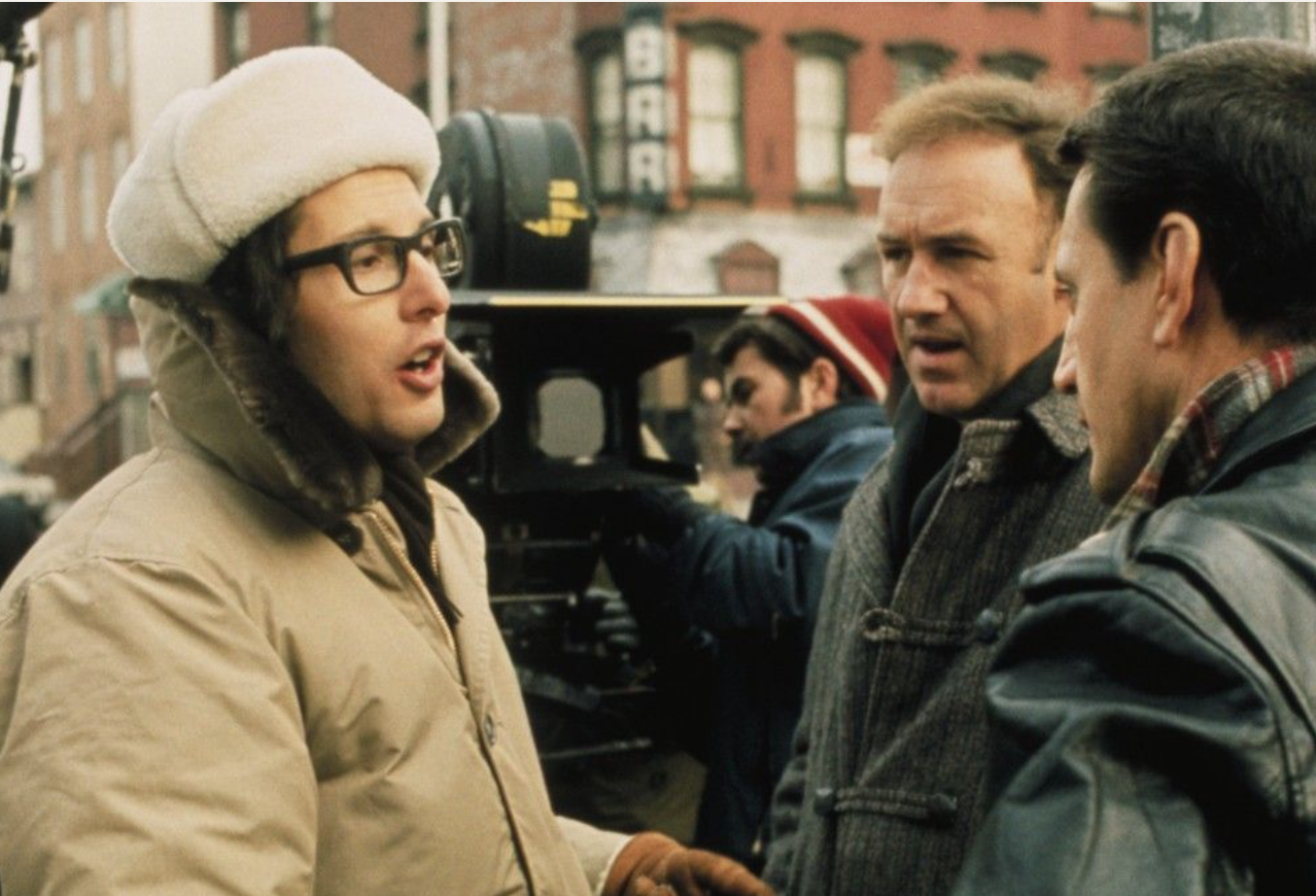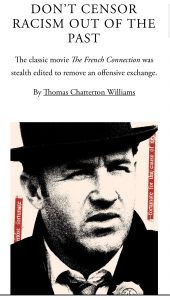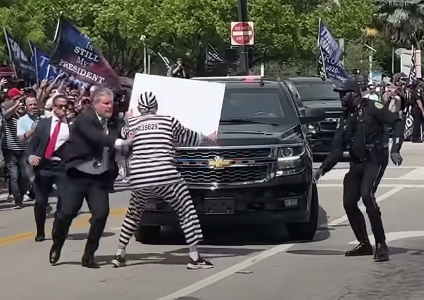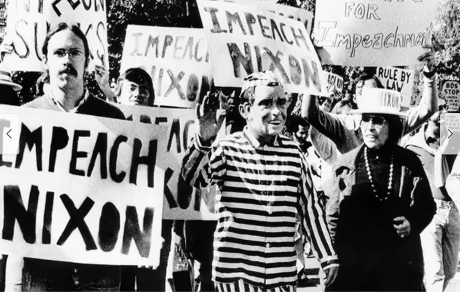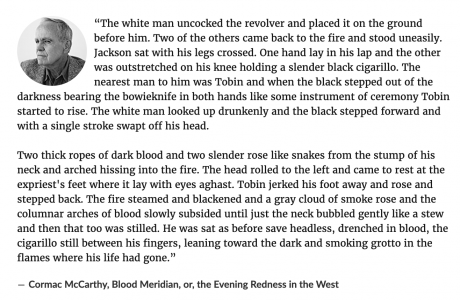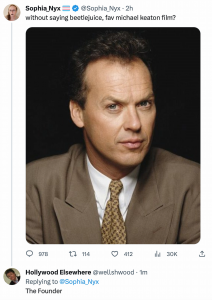The infamous airborne conflict between an inebriated Brad Pitt and a freaked-out Angelina Jolie, which happened aboard a private Nice-to-Burbank jet on Wednesday, 9.14.16, has once again been recalled, this time by Vanity Fair‘s Mark Seal (“Brad Pitt and Angelina Jolie’s War of the Rosé“):
“[Jolie’s] complaint and the redacted FBI report suggest that the fuse was lit before they arrived at the airport, when Pitt had a ‘confrontation with one of the children,’ believed to be Maddox. After takeoff, Pitt allegedly ‘accused [Jolie] of being too deferential to the children.’ A source close to Pitt says he felt Jolie ‘was trying to drive a wedge between him and his kids.’
“On the plane, Jolie had a glass of wine. Pitt didn’t appear incapacitated, Jolie would tell the FBI, adding that he could drink a bottle of vodka without losing functionality. Ninety minutes into the flight, her cross-complaint says, Pitt told Jolie to ‘Come here,’ and directed her to the back of the plane away from the children. There, he ‘pulled her into the bathroom and began yelling at her.’
“He allegedly ‘grabbed Jolie by the head and shook her, and then grabbed her shoulders and shook her again,’ pushing her into the bathroom wall. Pitt also punched the ceiling four times.
“The commotion caught the attention of one or more of the children.
“’Are you okay, Mommy?’ they asked.
“’No,’ Pitt allegedly responded. ‘Mommy’s not okay. She’s ruining this family. She’s crazy.’


“When one of the kids confronted him, he ‘lunged’ at the child, according to the complaint.
“Jolie ‘grabbed him from behind’ to hold Pitt back, but he threw himself into the airplane’s seats to get her off him, the complaint says. As a result, she suffered injuries to her back and elbow. ‘The children rushed in and all bravely tried to protect each other. Before it was over, Pitt choked one of the children and struck another in the face. Some of the children pleaded with Pitt to stop. They were all frightened. Many were crying,’ according to Jolie’s complaint.
“Over the remainder of the flight, Pitt continued to rant, and at one point poured beer on Jolie and the children as they tried to sleep under blankets, Jolie claimed, adding that he caused $25,000 worth of alcohol damage to the interior of the plane.
“When the plane landed in International Falls, Jolie told Pitt she and the children were going to a hotel to rest, and they could resume their flight to California the next day. But Pitt wouldn’t have it, according to her complaint. Nobody was getting off the plane, he allegedly said, although he did reportedly disembark to smoke a cigarette before the plane continued on to Burbank.
“He eventually fell asleep, giving Jolie time to devise a plan. She spoke to her children first, asking them not to intervene, no matter what Pitt did. She then woke her husband up.
“As the plane landed in Burbank, Jolie told Pitt that she was taking the kids to a hotel, but Pitt allegedly refused to let the family leave the plane for 20 minutes. ‘You’re not taking my fucking kids,’ he yelled, according to the FBI report. And he ‘shook Jolie by the head and shoulders.”
“’Don’t hurt her,’ one of the children begged. He let her go, but not without calling Jolie a ‘bitch,’ her complaint claims.
“And the authorities were alerted. Representatives of DCFS were reportedly waiting on the tarmac when the plane arrived. Who contacted them, no one can confirm.
“According to a source close to Pitt, ‘Brad was drinking, and the confrontation got out of hand. He was absolutely wrong in how he behaved but immediately apologized and acknowledged that he had crossed a line, which he will always regret, and right away took steps to address this and try to make amends.’”
Read more

